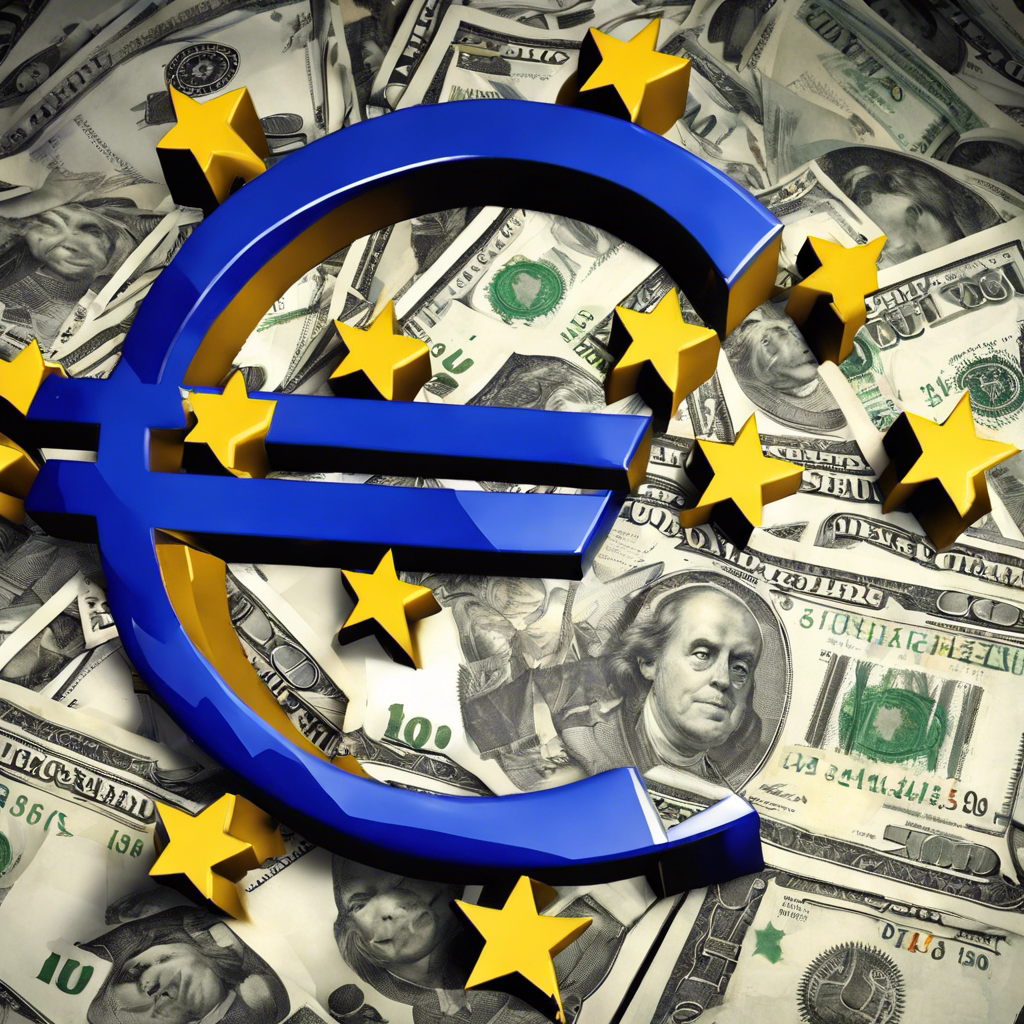Euro Zone Business Activity Shows Signs of Easing, But Recession Looms

The latest survey indicates that the downturn in euro zone business activity is easing, but the bloc’s economy is still expected to contract again this quarter, suggesting a looming recession.
The euro zone’s economy has been grappling with a downturn in business activity, with consumers reining in spending and causing a contraction in the previous quarter. However, the latest flash Composite Purchasing Managers’ Index (PMI) for November shows some signs of improvement. While the PMI ticked up to 47.1 from October’s low of 46.5, it still remains below the 50 mark that separates growth from contraction. This suggests that the euro zone is on track to experience another contraction in the fourth quarter. Despite some positive developments in Germany and France, weak demand continues to pose a challenge for the region’s economy.
Germany and France Show Signs of Easing Downturn
Germany, the largest economy in Europe, has shown signs of a slowing downturn. Both manufacturing and services activity fell at a slower pace in November compared to previous months. This raises hopes that the recession in Germany might be shallower than initially expected. France also saw some improvement, but business activity still contracted this month, indicating a deterioration in demand for goods and services in the second-largest economy in the euro zone. However, French industry morale remained stable in November, according to official statistics agency INSEE.
UK Sees Marginal Return to Growth, But Weak Demand Persists
Outside the European Union, the United Kingdom reported a marginal return to growth after three months of contraction. However, the downturn in orders continued due to higher interest rates and weak demand. The challenges faced by the UK highlight the impact of external factors on the country’s economy, as it navigates the complexities of Brexit.
Weak Demand Persists in the Euro Zone
Despite the slight improvement in business activity, the overall PMI for the euro zone’s dominant services industry remains below the growth threshold at 48.2. Demand has fallen for the fifth consecutive month, although at a slower pace compared to October. The new business index rose to 46.7, indicating a slight improvement. However, the manufacturing sector continues to struggle, with the PMI at 43.8, below the breakeven point. This marks the fifth consecutive month of contraction for the manufacturing industry. The index measuring output rose to a six-month high of 44.3, suggesting a slight recovery. However, factories have been cutting back on purchases of raw materials, and a significant portion of activity is driven by completing old orders. The backlogs of work index remains below 50 for the 18th consecutive month.
Employment Takes a Hit
As a result of the economic challenges faced by the euro zone, firms have started cutting back on employment. The composite employment PMI dropped to 49.4, indicating a contraction in employment for the first time since January 2021. This decline in employment aligns with the negative growth experienced in the region over the past few quarters. The weakening labor market adds to the concerns about the overall health of the euro zone economy.
Conclusion:
While the latest PMI data suggests a slight improvement in euro zone business activity, the overall picture remains concerning. The downturn in the manufacturing sector, coupled with weak demand and declining employment, indicates that the bloc’s economy is still at risk of entering a recession. The challenges faced by the euro zone highlight the need for policymakers to implement measures to stimulate growth and address the underlying issues affecting the region’s economy. As the year comes to a close, all eyes will be on the euro zone’s economic performance in the coming months.

